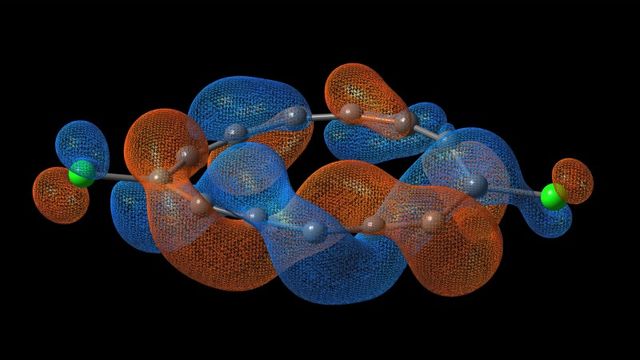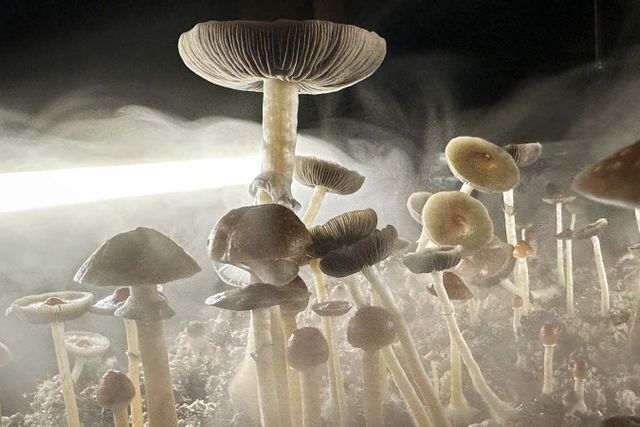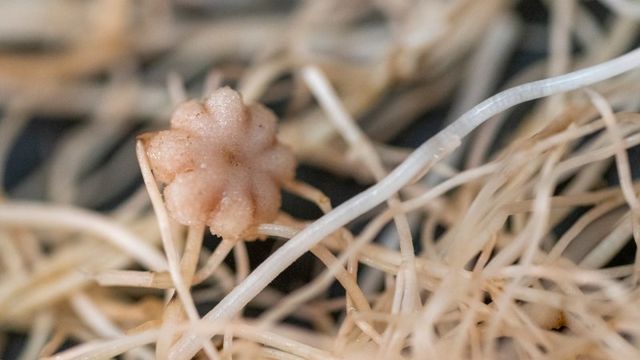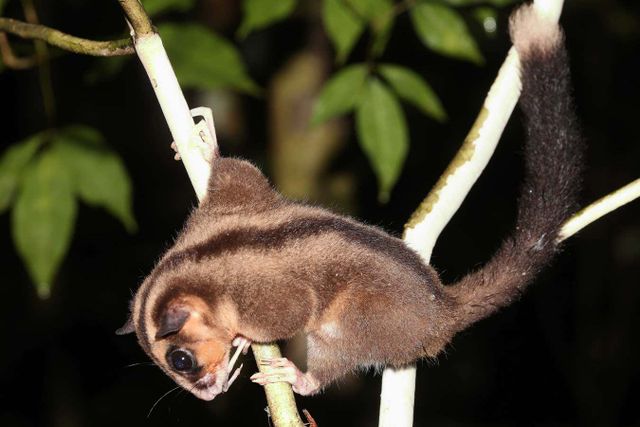Drones capture rare harbor porpoise mating behavior off Shetland
Drones flying above the waters of Shetland have captured rare footage of harbor porpoises gathering in unusually large groups and engaging in mating behavior. The footage, gathered between 2019 and 2023, provides one of the most detailed records of harbor porpoise mating













































